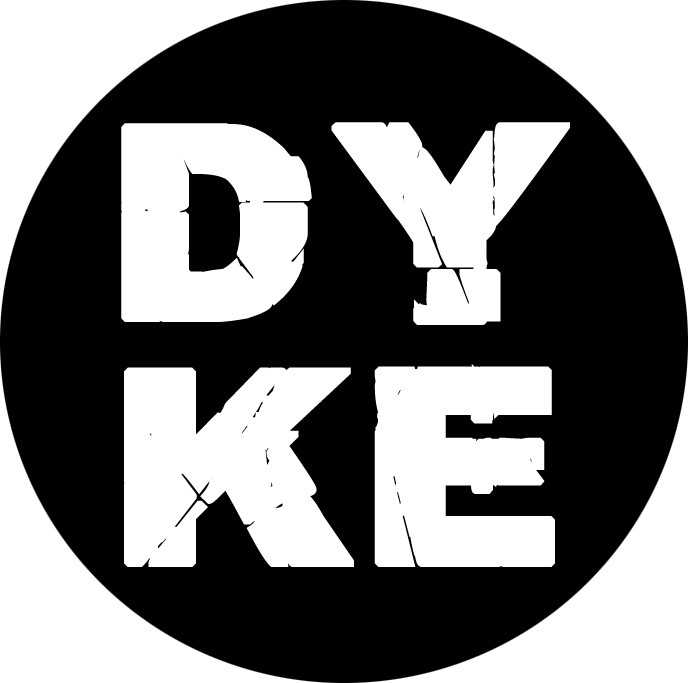105, DYKE … badge
£0.45
Dyke, a proud lesbian!
In stock
Description
The origin of the term Dyke is obscure, and many theories have been proposed.The OED dates the first recorded use of dike, dyke in 1942, in Berrey and Van den Bark’s American Thesaurus of Slang. In his review of a short-lived 1930 Broadway play, Robert Benchley says “[the hero]…is confronted with several engineering problems which he solves by mistake. There’s your story. Interlard it with every known crack which has been made along Broadway for the past two years (and several which haven’t, chief among them being: ‘Did you employ dikes in building the Barge Canal?’ ‘No, we just had a gang of Italians.’ This I consider top for the evening.”) and there you have “So Was Napoleon.” The term bulldyker, which dyke may be shortened from, first appeared in 1920s novels connected with the Harlem Renaissance. For example, in the 1928 novel Home to Harlem, Claude McKay wrote: “[Lesbians are] what we calls bulldyker in Harlem. … I don’t understan’ … a bulldyking woman.” (The term is unattested in the OED.) From the context in the novel, the word was considered crude and pejorative at the time.
Several theories have been proposed for the origin of bulldyker. One is that it was an abbreviation of morphadike, a dialect variant of hermaphrodite, commonly used for homosexuals in the early twentieth century. This in turn may be related to the late 19th century slang use of dyke (meaning ditch) for the vulva. Bull is also a common expression for “masculine” or “aggressive” (as in “bullish”), and bulldyke implied a “masculine woman.” Another theory claims bulldyker was a term used for bulls used to impregnate cows. The word “stud” was extended for sexually promiscuous men or a man successful with women. The terms “bulldyker” and “bulldagger” were also taken from their original context and used for the same purpose. A man who was a great lover was called a “bulldyker.” “Bulldyking woman” and “bulldyker” became terms for women who resembled a “bulldyker,” a male stud, and were assumed to perform the role.
In Another Mother Tongue, Judy Grahn proposed the word bulldyke may have arisen from the name of the Celtic queen Boadicea.





